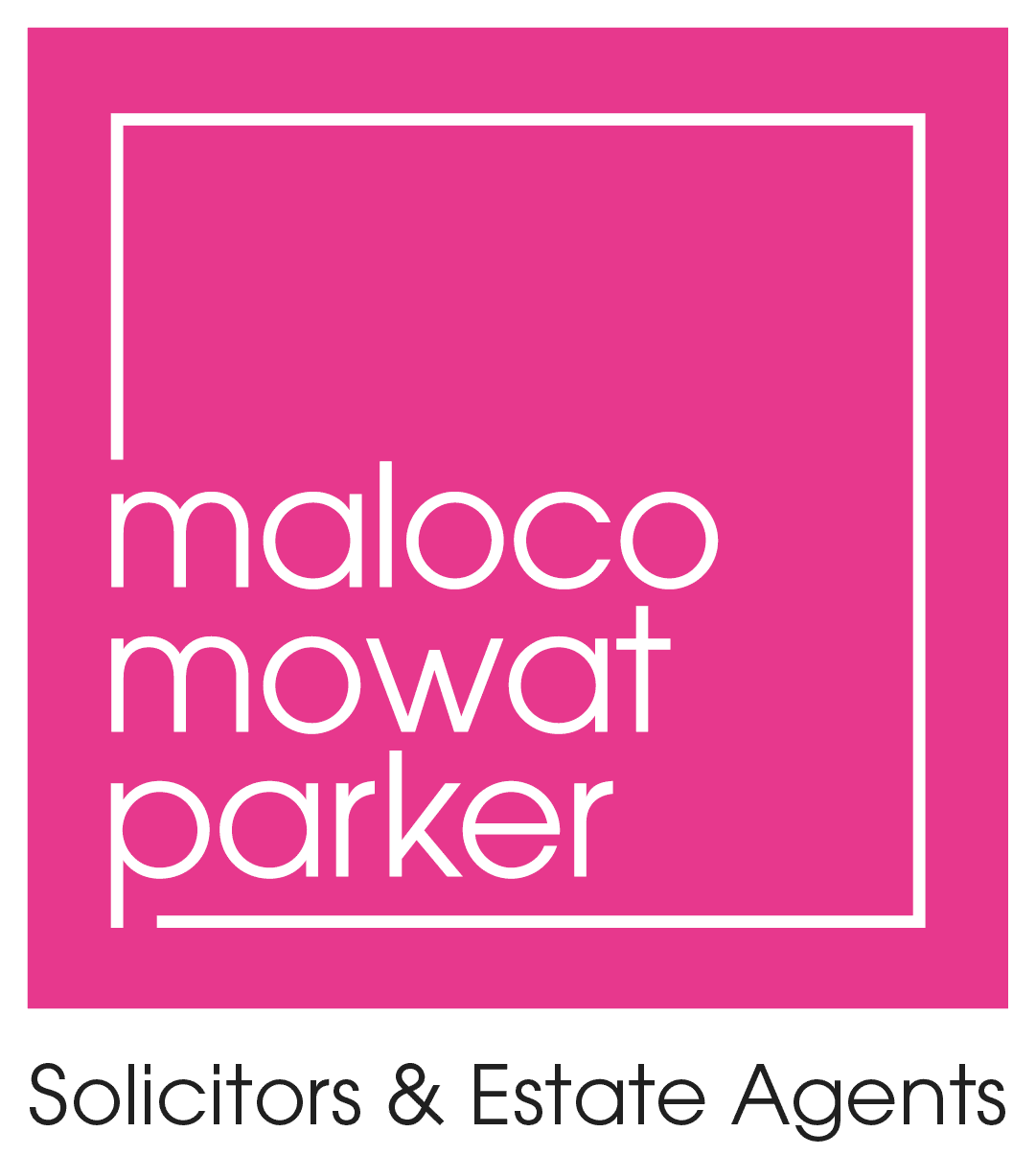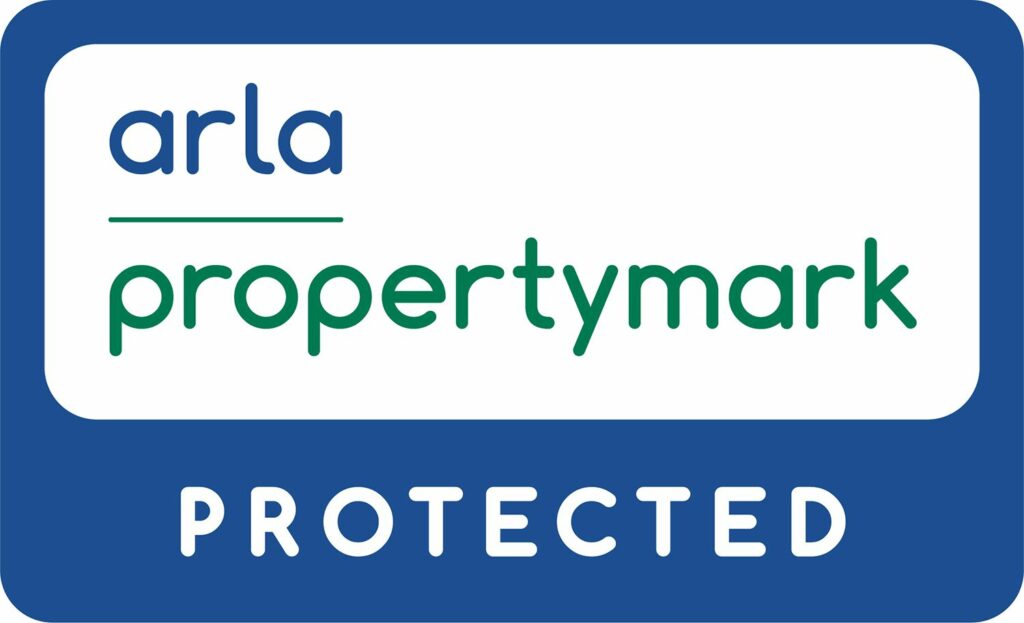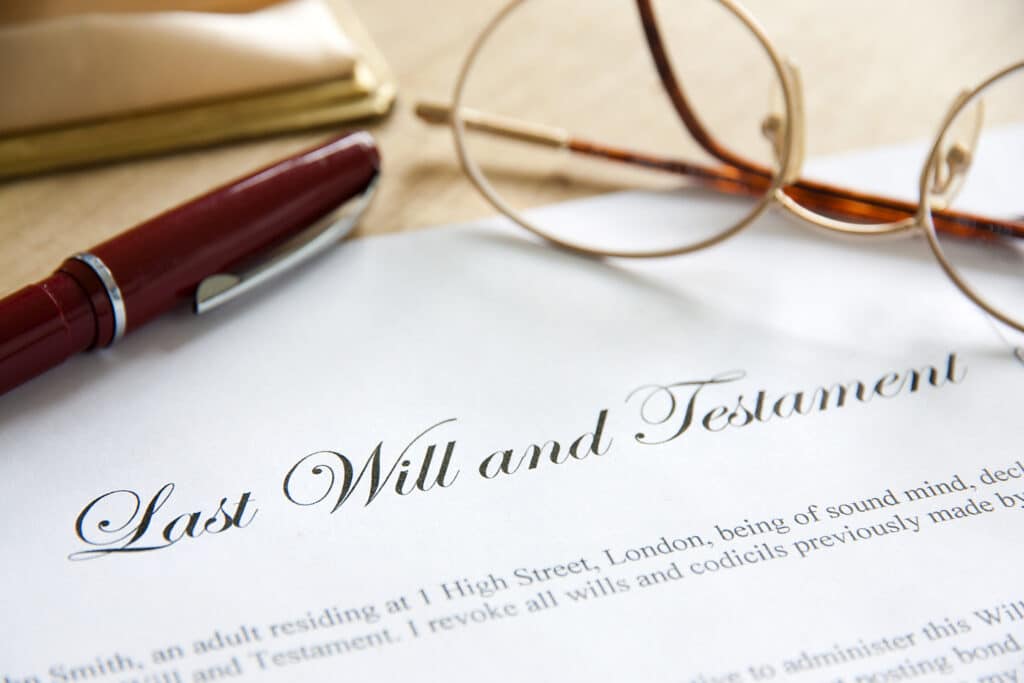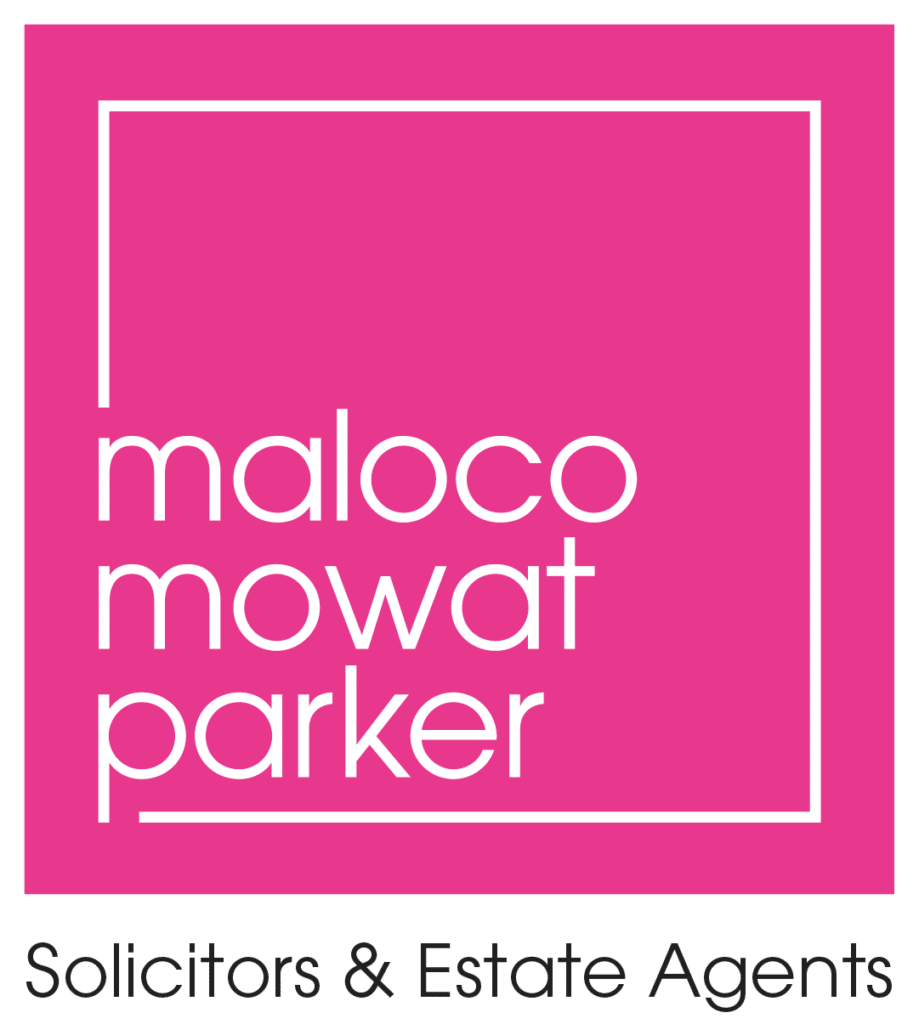Domestic Conveyancing
- About Us
About maloco mowat parker
About Us
Find out who we are
Meet the team
Meet our wonderful team
Testimonials
What our clients have to say
News
Stay up to date
"Family values will remain at our core” as maloco + associates become maloco mowat parker
Read our story
- Buying or Selling
Selling a property?
Pre-Sales valuation
Arrange an appointment
Estate agency services
Award winning estate agents
Conveyancing
View our conveyancing services
Pricing policy
View our pricing plans
Home report
View our home reports
Buying a property?
Find a property to buy
Browse the latest properties
First time buyers
Steps to buying your first home
Conveyancing
View our conveyancing services
Mortgage services
View our mortgage products
Land and Building Transaction Tax (LBTT)
Calculate your LBTT ('Stamp Duty')
FREE Property Guides!
Download our free guides for easy step-by-step advice on buying and selling your home.
- Letting or Landlord
Letting a property?
Find a property to rent
Browse rentals on the market
A tenants' guide
Finding the right rental property
Rental FAQ
A guide to renting a property
Emergency contacts
We have you covered
Landlord services
Landlord services
Are you a property owner?
Pricing policy
Find out more about our prices
Find a tenant only service
Find a tenant only service
Fully managed service
Use our fully managed services
- Private Client
Power of attorney
Take back control
Writing a will
Have you thought about your will?
Executry services
Are you winding up an Estate
Financial advice
Your future is importance
Financial planning
We are able to assist you
Pricing policy
Find out more about our prices
- Pricing policy
- Contact






